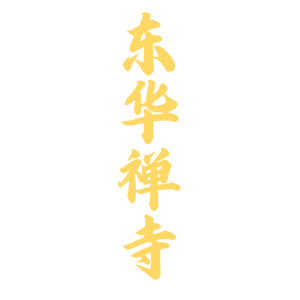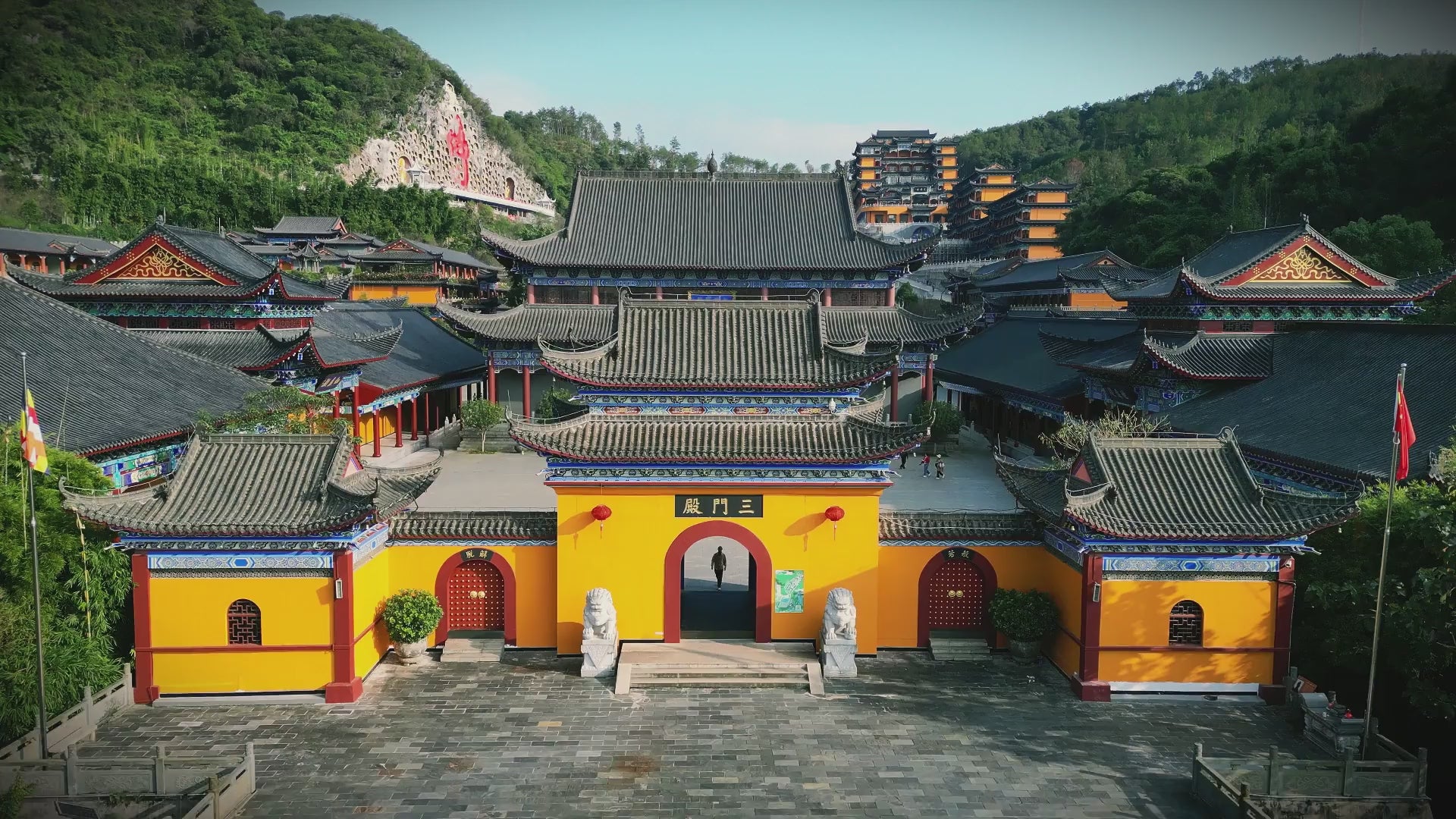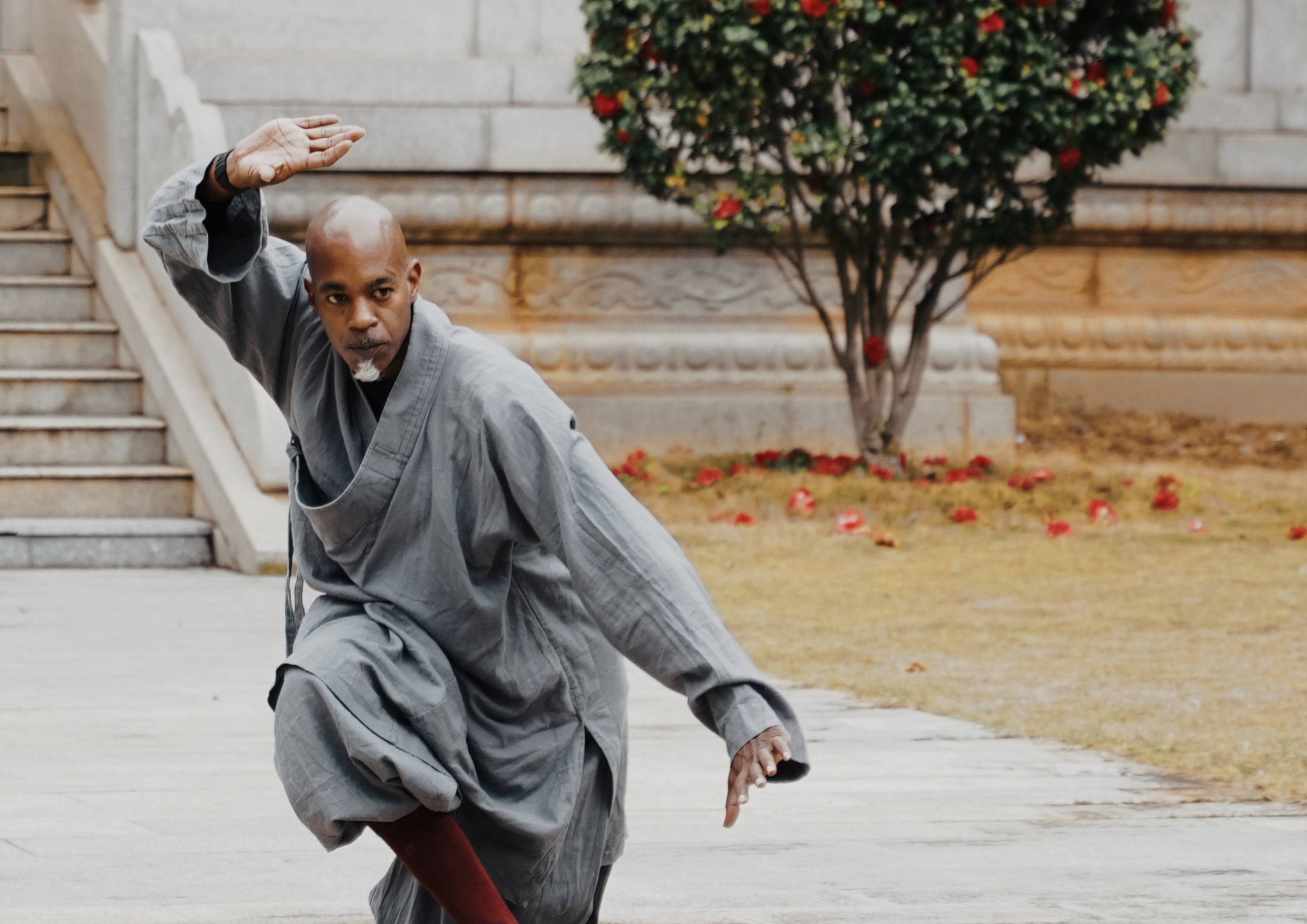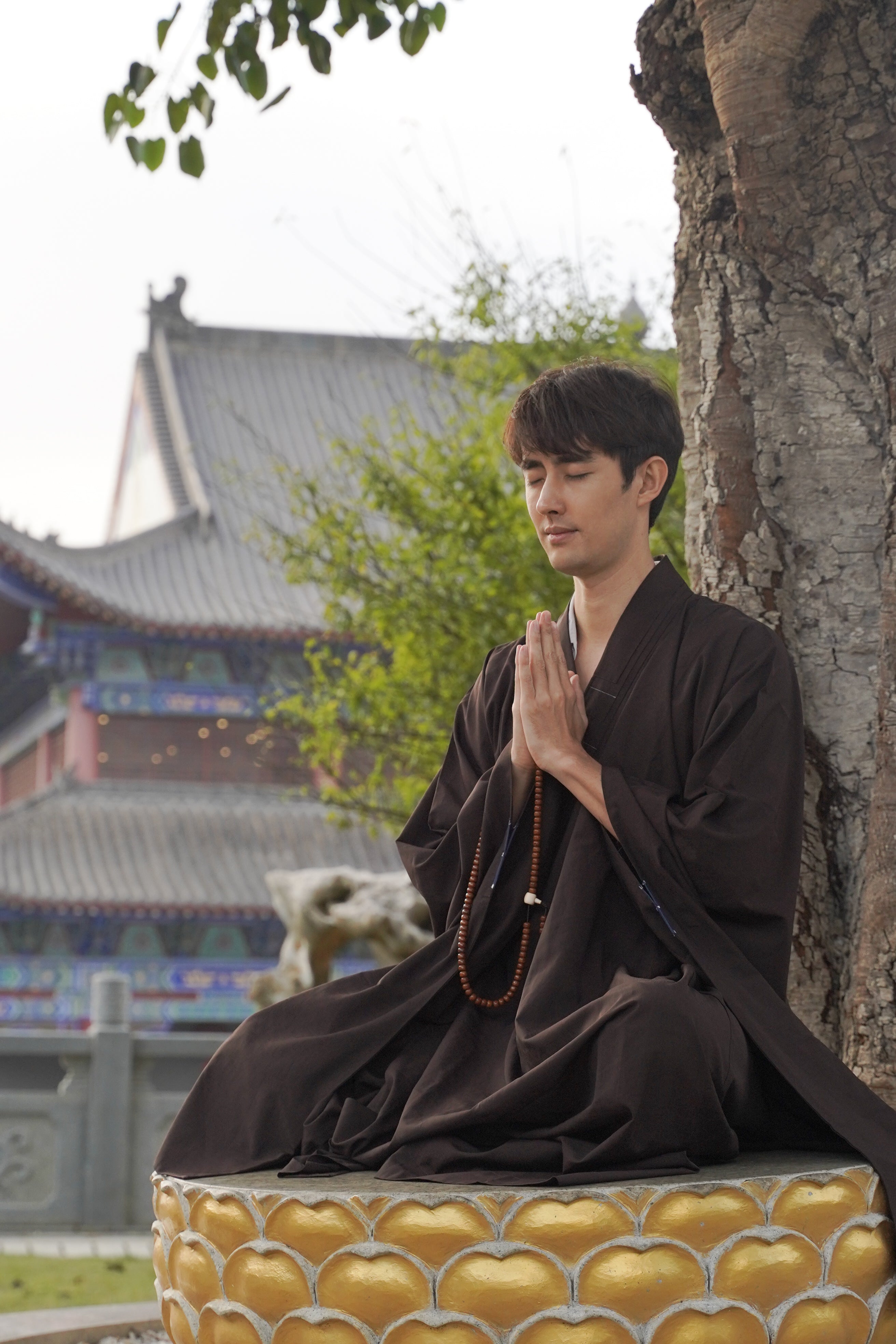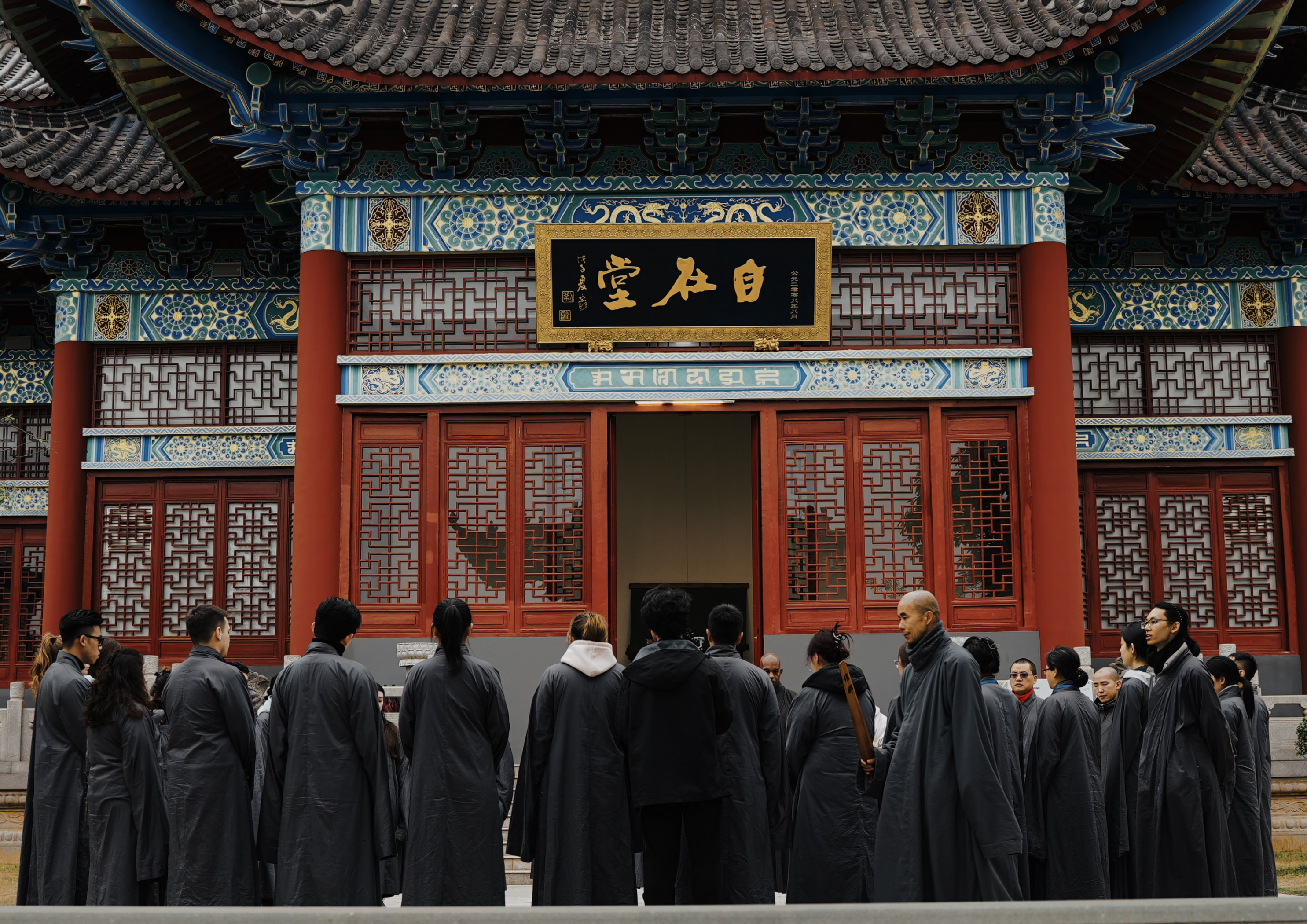Experience Authentic Chan Meditation Retreat in China
The word retreat originates from English, meaning “withdraw” or “step back.” In the realm of mind-body-spirit practices, it refers to a period of withdrawal or seclusion, commonly translated as meditation retreats. This practice involves stepping away from everyday life and immersing yourself in a serene, relaxed environment where meditation, yoga, mindfulness, and natural healing help restore balance to the body and mind. Simply put, a retreat is a deep conversation with yourself. It’s a chance to put down your phone, leave behind work stress, and focus entirely on your inner state. A retreat can alleviate stress, enhance focus and creativity, and help you explore inner peace.
Discover ancient methods that inherit the wisdom to master your life.
The vision of the Donghua Chan Monastery is to spread the knowledge of anover 3000 year old Chan tradition to the western modern world.
Monasticism and religious labels are secondary. We believe that true transformation begins within. To create lasting change, the only person who needs to transform is YOU!
The teachings of Donghua Chan have always been a profound source of wisdom and a method for enhancing the health and lives of its practitioners in ways beyond description.
Thus, it is our responsibility and honor to share the essence of Donghua Chan with you through this Self-Mastery program.
A Path For All Levels
Our Chan Meditation Retreat programs are structured to support learners of all levels. Beginners receive a strong foundation in fundamental techniques, while intermediate students refine their skills and build mastery. Advanced practitioners are challenged to push their boundaries, exploring advanced techniques and deepening their understanding of kung fu philosophy. Regardless of your current skill level, we offer growth and fulfilment pathways.
